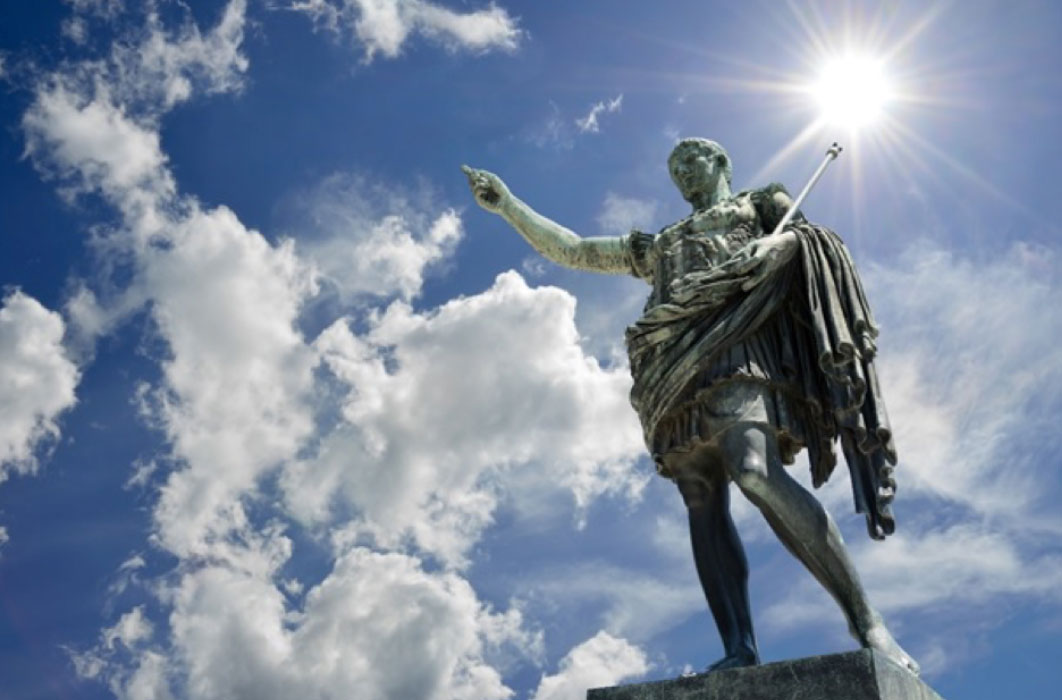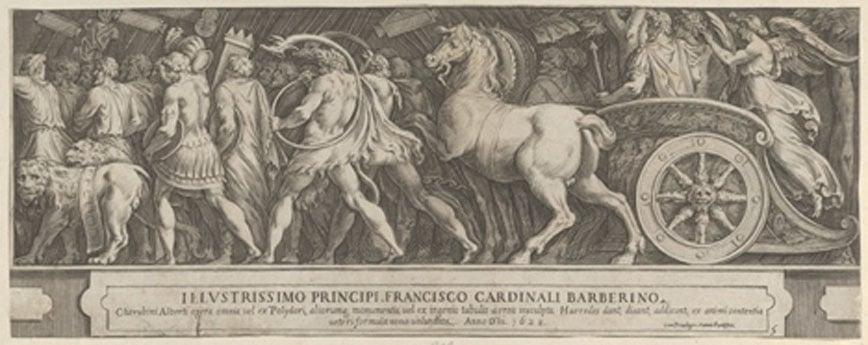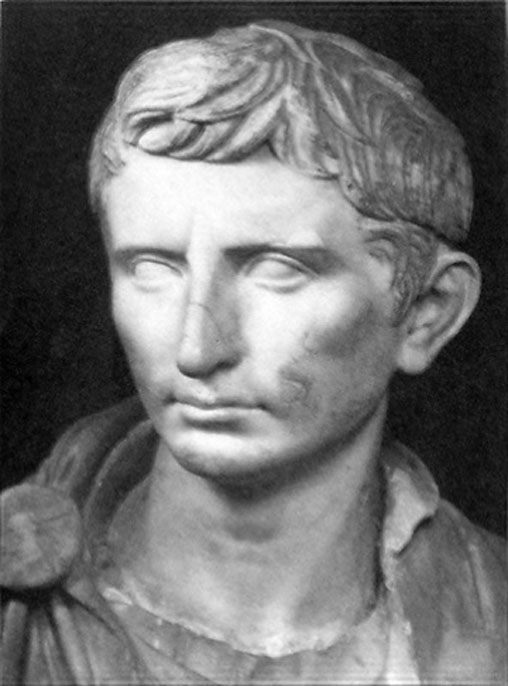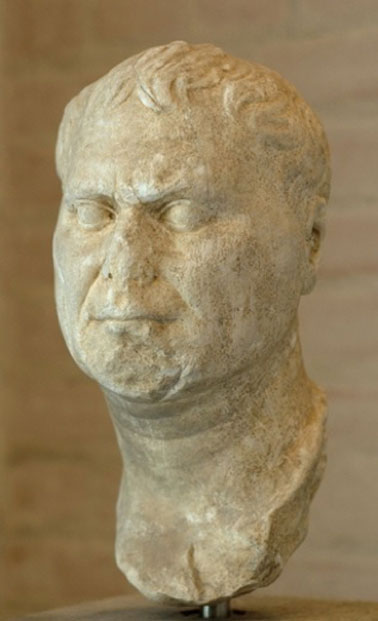
Running the Family Business of the Roman Empire: Augustus the Founder
Over three and a half centuries the Roman Empire - as seen through the lives of 10 of the most important emperors - gained in splendor and territory, then lost both. Over the ages the emperors Augustus, Tiberius, Nero, Vespasian, Trajan, Hadrian, Marcus Aurelius, Septimius Severus, Diocletian and Constantine learned to maintain the family business, the government of an empire, by adapting when necessary and always persevering no matter the cost. By the fourth century, the time of Constantine, the Roman Empire had changed so dramatically in geography, ethnicity, religion, and culture that it would have been virtually unrecognizable to Augustus, the founder of the empire.

The Triumph of Two Roman Emperors (left-hand side) with a Roman Emperor riding in a triumphal chariot. Metropolitan Museum of Art (Public Domain)
Augustus the Founder
Augustus is an icon, and well he should be. Few historical figures show better what it takes to win at everything. He ended a century of revolution, brought down the Roman Republic, and replaced it with the empire of which he was the first emperor. But Augustus is also a mystery. Fatherless at the age of four, he became one of Rome’s top political players by the age of 19. How did he do that—and so much more?

A reconstructed statue of Augustus as a younger Octavian, dated circa 30 BC (Public Domain)
How did he overcome an opposition led by the most glamorous team in history, Antony and Cleopatra? How did a frail boy become a successful warlord, and how did he then turn into one of history’s most famous promoters of peace? How did he find the perfect number two: a partner to serve as his general and administrator without threatening the boss’ power? How did he manage one of the most productive but challenging marriages in history, to the brilliant, talented, and crafty Livia? How did he found a dynasty that lasted a century and an empire that lasted many centuries more?
Toward the end of his long life, Augustus answered some of these questions. On bronze pillars before his mausoleum in Rome, he had a detailed inscription erected that included this statement: “When I had extinguished the flames of civil war, after receiving by universal consent the absolute control of affairs, I transferred the republic from my own control to the will of the senate and the Roman people. For this service on my part I was given the title of Augustus by decree of the senate.”

Head of statue, perhaps Gaius Octavius, father of Augustus. Circa 60 BC. (Public Domain)





